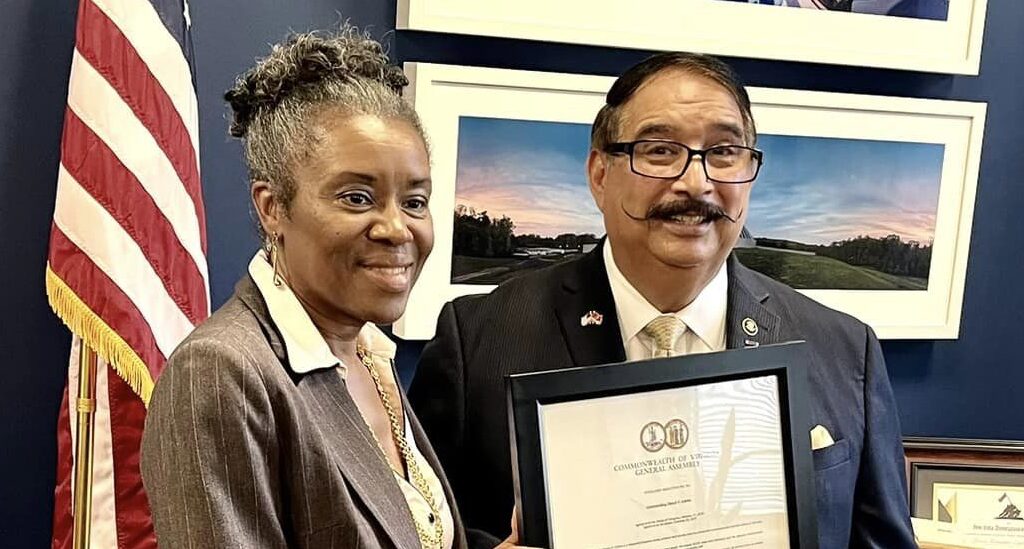
On April 22, 2022, University of Mary Washington President Troy Paino sent a community-wide email calling for an external review of UMW’s entire student conduct system. The call was in response to an investigative piece I published in The Weekly Ringer, UMW’s independent student newspaper, exposing how the Office of Student Conduct and Responsibility had mishandled on-campus assault cases.
The review was originally to be completed by August 2022. In September, however, Paino announced via email that the reviewers would continue working on the report through the fall semester to give them time “to connect with several key stakeholders in the process, including students.”
When the report was released in February 2023—10 months after Paino’s initial call for the outside review—it was missing a key perspective that they had promised in the email: students who had experienced the student conduct process firsthand.
[An] outside review is ineffective without the perspectives of those who matter most—students who sought help from the process and instead were retraumatized by it.
As detailed in the report, the reviewers only interviewed one complainant, and that was Tirzah Rao, a former UMW student who transferred to Virginia Commonwealth University after reporting being assaulted and receiving a lack of support from the university thereafter, which I reported in my April 2022 article. Before the reviewers spoke to Tirzah, however, they initially interviewed Tirzah’s father, Anand Rao, a UMW professor, and the communication and digital studies department chair.
It was his suggestion that they speak with Tirzah, as he said in a Weekly Ringer article about the outside review.
Of the eight total students interviewed for the report, Tirzah was the only one who had experienced the Office of Student Conduct and Responsibility process firsthand, and her case had occurred in 2017. The seven other students either served on UMW’s Honor Council or Student Conduct Review Board, a student-run board within the Office of Student Conduct and Responsibility that deals with minor violations of UMW’s Code of Conduct.
Therefore, these students know the system more as adjudicators than as complainants seeking support after reporting an incident on campus. This may have given the reviewers insight into how the system works from an insider’s point of view, but it misses the perspective of those who turned to the system for help after being assaulted, such as Tirzah.
In my time with The Weekly Ringer, I reported on the stories of two students who had been through the Office of Student Conduct and Responsibility process: Tirzah and a student who asked not to be named.
Though their cases were five years apart—Tirzah’s in 2017 and the other in 2022—their experiences were similar. They both reported being assaulted on campus and both chose to report it to the university rather than the police. Since neither of them was in a relationship with their assailant and the assaults were not sexual in nature, UMW administrators told them they did not have access to the Title IX process and, instead, their cases would be handled by the Office of Student Conduct and Responsibility.
During the hearing process, they were both questioned in front of their respondent, and their respondent was allowed to ask them questions, but they were not allowed to be present while their respondents were questioned.
Both hearings were conducted by Raymond Tuttle, the director of the Office of Student Conduct and Responsibility, who is the office’s only staff member. The one-man staff was troubling to many people that the reviewers interviewed, and page nine of the report says that “one full-time role in student conduct is scarce” compared to other universities.
Both Tirzah and the other complainant I interviewed felt that Tuttle was unfair and unsupportive throughout the process, as detailed in this article. Concerns about how Tuttle was conducting the hearings were not present in the reviewers’ final report.
The report does make some helpful suggestions for the office, such as making the process more efficient; expanding the office so it consists of more than just one staff member; improving communication between the office and other offices on campus, such as Title IX and Residence Life, so that they may work together to support the complainant; and clarifying the procedures so that they are easier to understand. But UMW has not said how they will implement the findings.
Page 13 of the report says that “it was abundantly clear that complainant rights and support are at the core of the concerns in the case examples shared with the reviewers.” So why was only one complainant interviewed?
I don’t know. But ultimately, this outside review is ineffective without the perspectives of those who matter most—students who sought help from the process and instead were retraumatized by it.
By Jess Kirby






